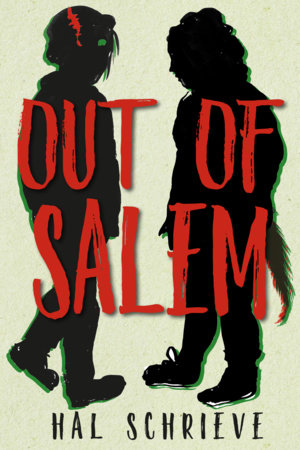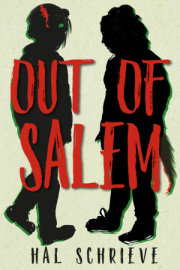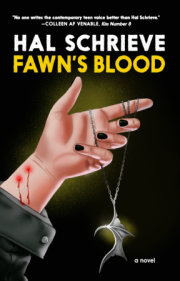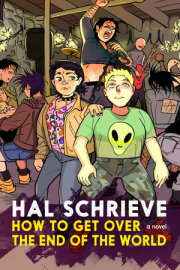"Schrieve depicts diversity among the queer and trans characters, highlighting how economic and racial privilege make the concerns of middle-aged, rich, white trans women different from those of a young, trans woman of color without access to medical care. Tension burns hot until the explosive conclusion, which begs for a sequel. On fire with magic and revolution." —Kirkus Reviews (Starred Review)
"Shrieve conjures intricate magic vital to the plot, pushes the book’s leads to grow amid the book’s ratcheting tension, and provides incisive social commentary via monster-tale tropes. Any reader who has felt it necessary to hide their true identity will find strong characters to connect with in this fun, powerful story." —Publishers Weekly (Starred Review)
"Out of Salem is the best urban fantasy I've ever read. Hal Schrieve refurbishes old school world-building sensibilities into a note-perfect dysphoria metaphor that feels fresh and classic at the same time. Simultaneously nostalgic and forward looking, this book should set a new standard in the genre. Terrifying, beautiful, exhilarating." —April Daniels, author of The Nemesis trilogy
"Schrieve's queer vision of a monster-infested '90s is rich in metaphor and rife with meaning." —Kyle Lukoff, librarian and author of When Aidan Became A Brother
"Out of Salem is the genderqueer, undead, anarchist Harry Potter replacement we have all been waiting for. Queer teen readers will fall in love with this gang of misfit magical monsters; not so much chosen ones as outcasts, and if you know a queer teen you should definitely buy it for them. However, in its political acuity, its sadness and, ultimately, its hope, Schrieve’s book is much more than just a good YA read. It is also, in the best possible sense, an educational experience." —Cat Fitzpatrick, editor of Meanwhile Elsewhere: Science Fiction & Fantasy from Transgender Writers
"I was consistently balancing between amused at the bluntness and impressed at the deftness when it came to the use of metaphor in the story ... Even while all of society is insisting that the protagonists must be like them or die, even while most of the characters don’t see any way out but to run, the narrative suggests quietly that there’s another option ... That building a community can build safety; that refusing to back down can protect someone else; that maybe you can transform the world into something new, something that has room for you in it, if only you are brave. [A] very rare-for-me five out of five stars.” —Genevra Littlejohn, Lesbrary






